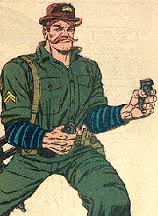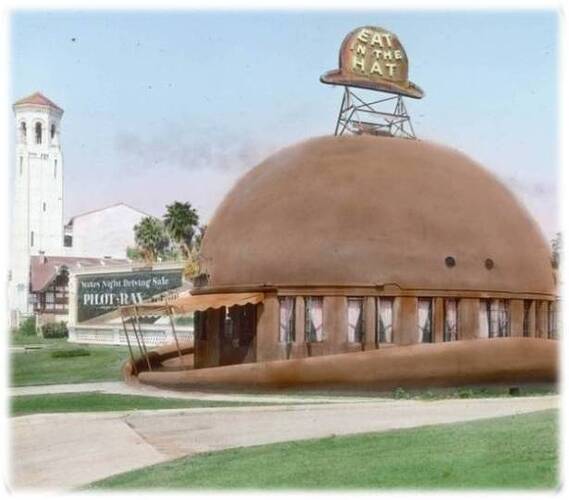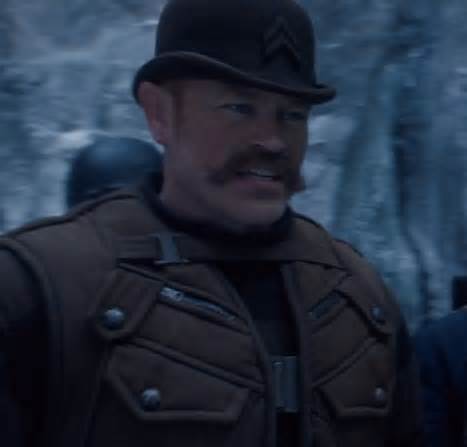I think you’re being a bit hard on Britain.
I’d suggest that Dunkirk had a lot more to do with mistakes and poor leadership at the highest levels of the relatively huge French army and poor morale at lower levels in various elements of that army than whatever failures there were in the relatively small British Expeditionary Force. And perhaps even more to do with the ability of the Germans to capitalise on the static and mobile mistakes of their enemies and exploit rapidly the opportunities given them as their advance evolved.
As far as Burma is concerned, it was much more the case that Britain simply lacked the numbers to defend successfully as Britain was stretched to the limit on land in North Africa and after the loss of Malaya had nothing of significance left on land in proximity to Burma (apart from the returning Australians which Churchill foolishly tried to divert to Burma, which would have seen them lost and almost certainly would have given Japan victory in Papua and potentially over Australia.) And, as with Germany, the Japanese were a superior adversary in their advance phase in Burma (and still bloody good in their later defence phase against all Allies everywhere).
Although your point about the British (in the sense of training, intelligence and other officers, including in many cases their Australian equivalents in Malaya) thinking they were superior to the Japanese and learning hard lessons, has been amply documented.


 ) made peace or at least a truce in july 1940 then things would have surely gone much worse for Stalin in 1941.
) made peace or at least a truce in july 1940 then things would have surely gone much worse for Stalin in 1941.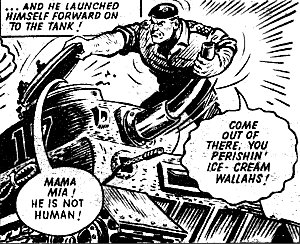
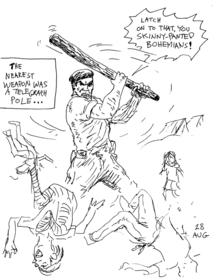
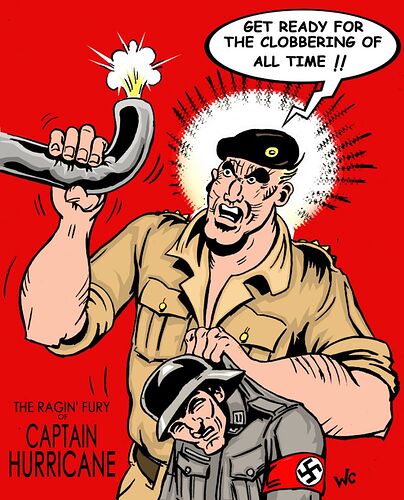
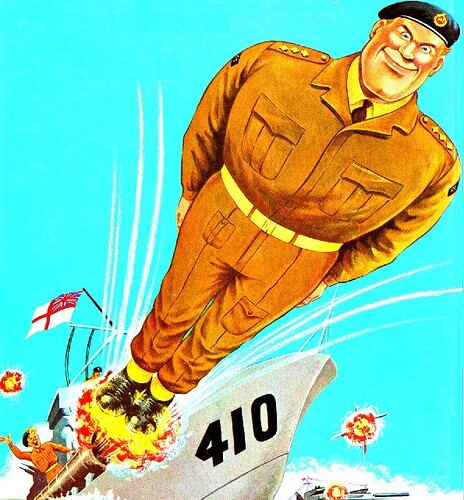
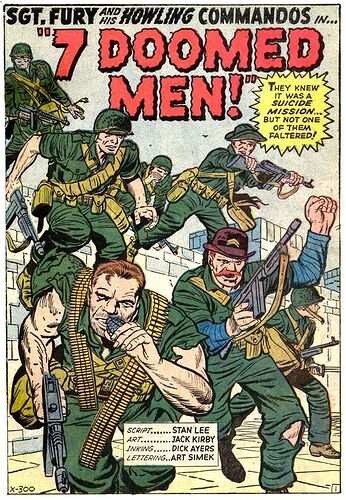
 Yes there is a live action Dum-Dum, and the graphic version for comparison. Though honestly, I don’t know if the Character is an American, or from the U.K. In America there were a chain of Restaurants called the “Brown Derby” in, and around the Los Angeles area. The Hollywood location was very popular with the movie stars, and Studio people back in the 30’s-40’s
Yes there is a live action Dum-Dum, and the graphic version for comparison. Though honestly, I don’t know if the Character is an American, or from the U.K. In America there were a chain of Restaurants called the “Brown Derby” in, and around the Los Angeles area. The Hollywood location was very popular with the movie stars, and Studio people back in the 30’s-40’s